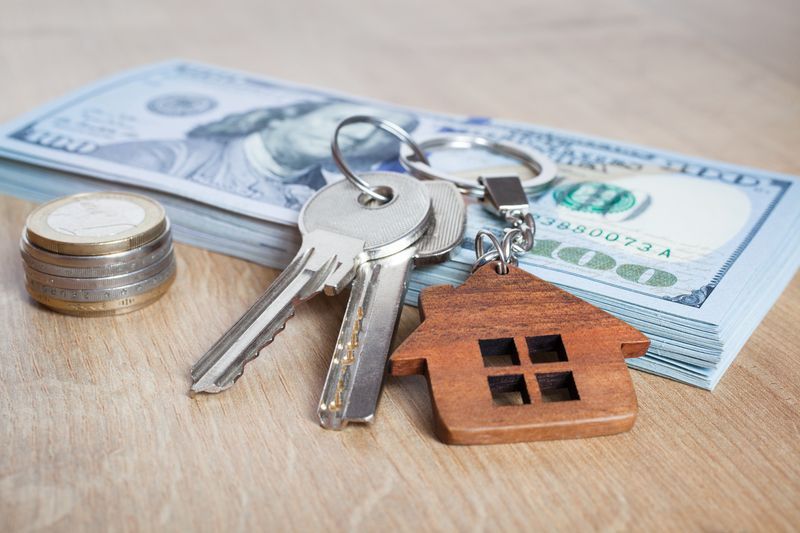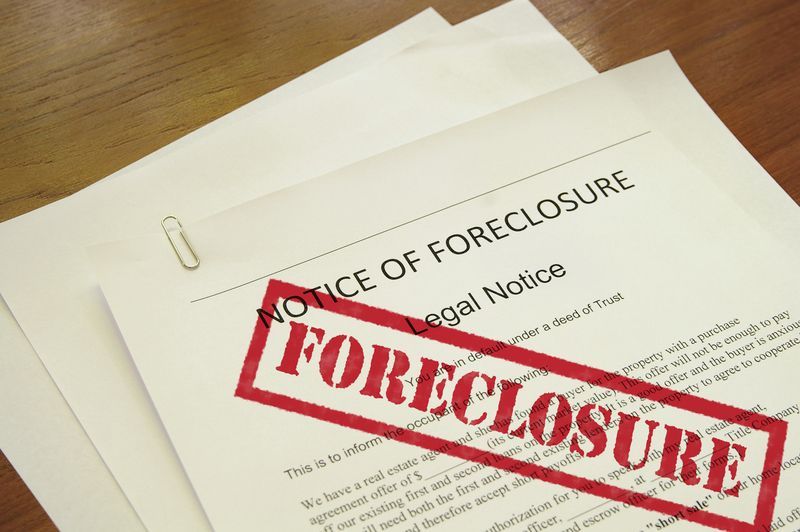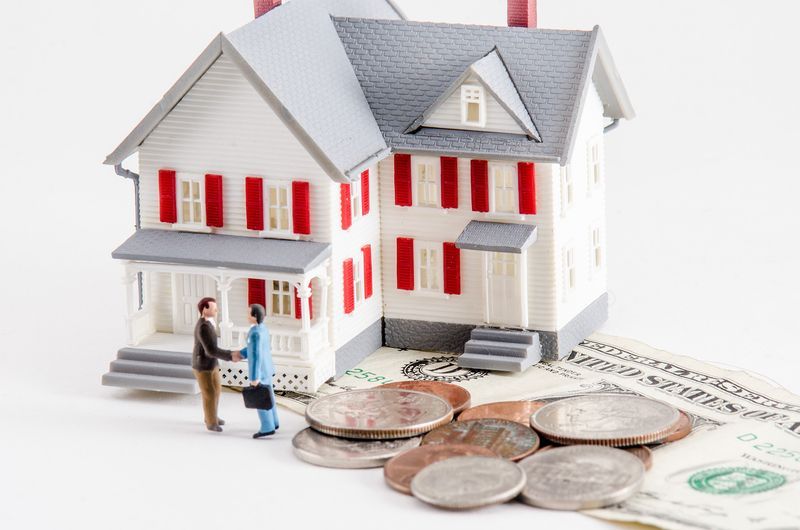Call or Text (757) 946-8784 to get a cash offer on your house!
Maximizing Quick Home Sales: Strategies for Every Market Condition

Achieving quick home sales is a goal for many homeowners, regardless of market conditions. Understanding the strategies to maximize sales in any market is essential. By implementing these strategies, sellers can adapt to varying market conditions and increase their chances of a successful and timely sale.
Understanding the Housing Market Dynamics
The real estate market is complex and influenced by numerous factors that can significantly impact the feasibility and profitability of selling your home quickly for cash. To navigate this terrain, it’s essential to understand the current housing market trends, how buyer demand plays a role, the effects of interest rates, and the broader economic factors at play.
Overview of the Current Housing Market Trends
As of late, the housing market has been characterized by a low inventory of homes, which has fueled competition among buyers in many areas, including highly sought-after neighborhoods. This competition often leads to homes selling faster and sometimes for higher prices than expected. These conditions can change rapidly, influenced by various factors, making it essential for homeowners to stay informed about the latest trends.
How Buyer Demand Influences the Market
Buyer demand is a major driving force in the real estate market. High demand, spurred by factors such as lower mortgage rates or a growing population in an area, can lead to quick sales and competitive offers for sellers. Conversely, low demand can result in longer listing periods and potentially lower sale prices, making it tougher for those looking to sell quickly to find buyers.
The Role of Interest Rates in Home Sales
Interest rates have a significant influence on the housing market, impacting both buyers' ability to purchase homes and sellers' success in the marketplace. Lower interest rates typically make borrowing more affordable, increasing the number of potential buyers in the market. This can be particularly beneficial for sellers looking to close deals quickly. When interest rates rise, borrowing costs go up, potentially dampening buyer demand and affecting the ease of quick sales.
Economic Factors that Affect the Housing Market
Beyond interest rates and buyer demand, broader economic factors such as employment rates, consumer confidence, and even geopolitical events can influence the housing market. A strong economy generally supports higher buyer demand, while economic downturns can lead to reduced activity. Understanding how these factors impact the market’s dynamics can help homeowners evaluate the best time to sell their property quickly.
Ultimately, navigating the complexities of the housing market requires keeping abreast of current conditions and trends. By understanding how buyer demand, interest rates, and various economic factors influence the market, homeowners can make more informed decisions when considering a quick home sale.
Advantages of Quick Home Sales in Various Market Conditions
Navigating the real estate market requires not only an understanding of its dynamics but also the ability to leverage different market conditions to an advantage. Whether in a seller's or buyer's market, pricing strategies, and identifying the opportune moment to sell, are key to securing a swift and profitable home sale.
When Seller’s Markets Benefit Fast Sales
In a seller's market, where demand outpaces supply, homeowners enjoy a distinct advantage. Properties often sell rapidly, sometimes within days of listing, often receiving multiple offers that can drive the sale price above asking. This environment is ideal for those looking to sell their homes quickly, as buyer competition can lead to favorable terms and prices. It's crucial to price wisely, even in a hot market, to attract the optimum level of interest.
How a Buyer's Market Can Impact Quick Sale Strategies
A buyer's market presents a different set of challenges and opportunities. With more homes for sale than there are buyers, properties may sit on the market longer. In such conditions, quick sales may necessitate more aggressive pricing strategies or offering incentives to attract attention. This doesn't mean quick sales aren't possible; rather, sellers need to highlight their home's unique value propositions to stand out in a crowded marketplace.
The Significance of Pricing in a Fluctuating Market
In both seller's and buyer's markets, pricing plays a pivotal role in the speed and success of a sale. An overpriced home can languish unsold, regardless of the market conditions, while underpricing can lead to rapid sales but might also mean leaving money on the table. Accurate pricing, therefore, involves a careful analysis of current market conditions, comparable sales, and the property’s unique features and desirabilities.
Timing: Identifying the Best Moments to Sell Quickly
Timing can significantly impact the ability to sell a home promptly. Seasonal trends often dictate market activity; for example, spring and summer typically see increased buyer activity, making them ideal times for selling. Monitoring economic indicators and local market movements can help sellers pinpoint the optimal moment to list their homes for a quick sale.
In conclusion, while the idea of selling a home quickly might seem daunting, understanding and utilizing the principles of market conditions, pricing, and timing can greatly enhance the chances of a swift and profitable sale, regardless of the prevailing market atmosphere.
Challenges and Considerations for Homeowners
The decision to sell a home quickly is not without its challenges and considerations, especially in a market that's continually fluctuating. Beyond the advantages of timing and pricing strategies, sellers must navigate potential pitfalls, understand when holding off might be beneficial, and explore tactics to expedite the sale process.
Understanding the Implications of Quick Sales in a Slow Market
In slower markets, the inclination might be to sell as quickly as possible to avoid potential future downturns. Quick sales in such environments often require significant price reductions or concessions to attract buyers. Homeowners must weigh the immediate benefits of selling against potential longer-term gains from waiting for market conditions to improve.
Assessing the Risks: When Waiting Might Be More Beneficial
While selling quickly can be appealing, there are instances when waiting could be more advantageous. Economic forecasts, upcoming infrastructure projects, or neighborhood developments can all impact a property's future value. Sometimes, holding onto a property for a little longer can result in much better financial outcomes.
Strategy Tips for Homeowners Aiming for a Quick Sale
For those determined to sell quickly, several strategies can help. First, enhancing the property's curb appeal and staging the interior can make a significant difference. Working with a real estate agent experienced in quick sales or considering alternative selling methods, like auctions or contacting real estate investors, can also speed up the process.
Being flexible and ready to negotiate terms can be crucial. Offering to cover closing costs or providing a home warranty can make your property more attractive to buyers looking for an easy, hassle-free transaction.
Case Studies: Successful Quick Sales in Differing Market Conditions
Exploring case studies of successful quick sales across different market conditions can provide valuable insights. For instance, a homeowner in a seller's market might leverage multiple offers to secure a sale above the asking price, while another in a buyer's market could successfully sell by focusing on unique home features and aggressive marketing strategies. These stories highlight the importance of adaptability and understanding market nuances.
How Professional Real Estate Investors Can Assist
For homeowners looking for the fastest possible sale, turning to professional real estate investors can be a viable option. These investors often buy homes "as-is," eliminating the need for repairs or staging. While the offer might be below market value, the speed and convenience of such sales can be appealing to those needing to sell urgently.
In conclusion, selling a home quickly involves navigating a multitude of factors, from understanding market conditions to employing strategic pricing and timing. By carefully considering these elements and possibly seeking professional advice, homeowners can make informed decisions that align with their financial and personal objectives.
Ready to maximize your home's sale potential in any market? For personalized assistance and expert guidance, contact us at Coast 2 Coast Home Buyers. We're here to help you navigate the selling process smoothly and achieve your goals.







Getting Started is Easy
We use cookies to ensure that we give you the best experience on our website. To learn more, go to the Privacy Page.


